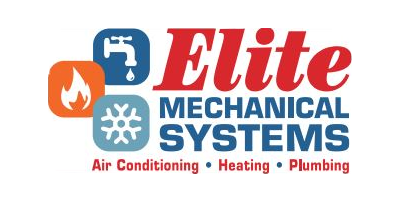There are literally hundreds of reasons that a home furnace or heating system will need to be repaired or replaced, several of which are extremely common among home or office owners and can cause your system to break down. Whether you are keeping your home or office warm during the winter or preparing it for the cold weather season, the secret to avoiding costly repair bills and keeping your system operating properly is preventative maintenance. Additionally, identifying or spotting the more common heating problems can save you a considerable amount of money in the long run.
-
- Air flow problems – one of the more common heating repair problems, improper air flow results from worn out bearings, belts, and fan motors. A good indication of these issues is a furnace that is overheating or improper heating controls.
-
- Basic mechanical wear and tear – there are a number of essential mechanical components that the operation of your furnace and heating system relies on. Your unit’s performance can be negatively impacted by normal wear and tear of these different components. This will result in poor air flow, furnace overheating, and improper heating controls.
-
- Clogged or dirty air filters – one issue that causes more heating problems than any other is having a clogged or dirty air filters and not changing them on a regular basis. Ironically, this is the cheapest issue to fix. Regular replacement of your air filters should be done on a monthly basis in order to improve the efficiency and extend the life of your furnace or heating system. A dirty filter can severely restrict the flow of air so the system must work considerably harder to keep warm air circulating throughout the home. You will not be as comfortable and your system will not work efficiently and properly.
-
- Ignition or pilot control issues – along with other improperly working components, your ignition or pilot controls might be malfunctioning and result in little or no heat being generated by your system. Your heating system will have a “hot surface” ignition or an “intermittent” pilot. The hot surface ignition uses a resistance heating element, which is similar to a light bulb filament, while the intermittent pilot operates using a high voltage spark to ignite the pilot and the main burners. It is controlled electronically.
-
- Insufficient heating – the failure to monitor your heating system from the very first day that you use it will result in a shorter life expectancy or (worst case scenario) a premature breakdown. The first signs of neglect include clogged furnace filters, faulty thermostats, or musty odors emanating from the system.
-
- Malfunctioning thermostats – another one of the more common heating repair problems involves the device that helps to control and determine how much heat is produced as well as when it becomes necessary to produce it, namely your thermostat. There are a number of comfort problems that can result from an improperly working thermostat including intermittent heating, no fan to circulate warm air throughout the home, or no heat at all.
- Not scheduling preventative maintenance – by far, a lack of preventative maintenance can result in some of the most costly repair work or eventual replacement of the system and its components. Nothing impacts the efficiency and longevity of your heating system more than performing or not performing preventative maintenance.
Hiring the services of a professional HVAC contractor or repair technician is the best way to prevent a boiler or furnace breakdown and a heating system that quits operating completely. You should always consult with a professional heating repair specialist where the above issues are concerned so that they can conduct an inspection of your system and provide you with an estimate for doing the required maintenance.

